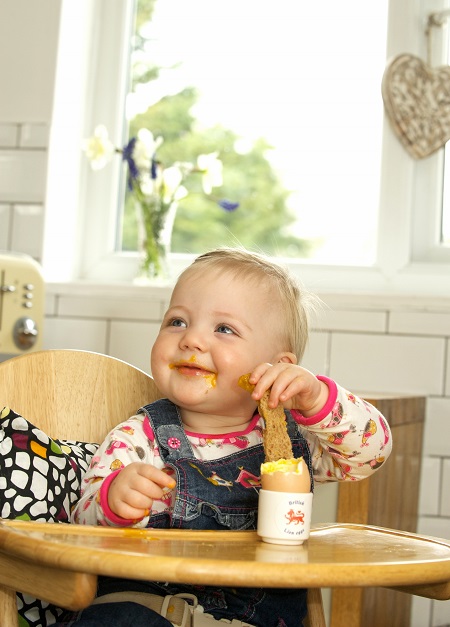Morrisons has brought forward its cage-free commitment on egg sourcing by three years. It means that instead of changing its policy in 2025 like all the other big retailers, it will now stop buying eggs from enriched colony cages in 2022.
The announcement follows Morrisons’ acquisition of Yorkshire egg producer Chippindale Foods earlier this year.
But the move will cause some anxiety among egg producers, who will question whether other retailers will also try to move the goalposts, which could put even more pressure on their businesses in the coming few years.
Many egg businesses invested heavily in new enriched colony caged systems when the EU outlawed battery cages in 2012. Those systems are now becoming redundant before some have even paid off the bank loans they took out to buy them.
Responding to customer demand
Morrisons says its decision to bring forward the changeover was made because it’s what shoppers are demanding.
“We are pleased that we have brought the cage free target forward by a few years. We have been working with our suppliers on this for a long time, and since we brought the Chippindale Foods business into our company earlier this year, have had the opportunity to work even more closely with the farmers who supply us directly,” says a Morrisons spokesman. “This means that we can work together to make these production changes at a farm level in a sustainable way.”
But there are some concerns. Gary Ford is NFU chief poultry adviser. “On one hand we welcome this clarification in timeline and we understand that Morrisons is defining cage free as free-range, however, to phase out a perfectly good system of production earlier than originally announced is surprising.
“Colony egg production is a sustainable system of production giving consumers a choice of a value egg which is important as many will be on a budget. The NFU will seek further clarification on what this announcement means for their existing colony cage producers. Morrisons has stated it will work closely with their key suppliers and will be offering various initiatives to producers to aid with the transition to free-range.”
Will there still be a value tier?
The whole issue raises bigger questions for the rest of the egg industry. Not least the fact Morrisons won’t confirm whether it’s planning to go 100% free-range.
“Our buyers are still reviewing as to which types of eggs and also which suppliers they will be sourced from and we are unable to comment any further on this matter,” says a Morrisons spokesman.
This is still one of the big questions hanging over the industry since retailers made the decision to phase out cages.
The choice retailers are making is whether to sell only free-range eggs, or maintain a value tier by encouraging producers to switch from colony cages to barn eggs.
Some producers are worried that if there is no value tier available, free-range eggs will no longer be seen as a premium product and margins will be undermined, at the very time significant investment is needed to rip out the cages and install new kit.
Sarah-Louise Fairburn, brand director of LJ Fairburn’s told Poultry Business it was important to maintain a value tier – and not just for commercial reasons. “What if we had a bad bout of avian influenza and everything was free-range? It just doesn’t make sense.”
In the meantime other retailers are still deciding what the policy will mean in practical terms. For all the work being done behind the scenes, for now, producers will have to wait and see.


